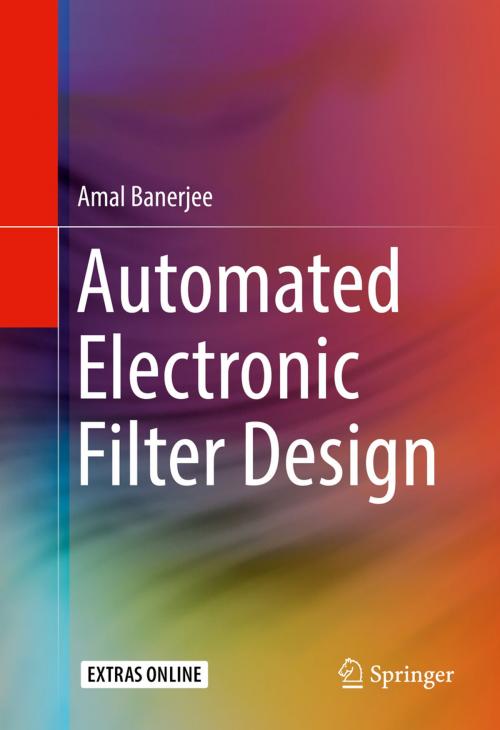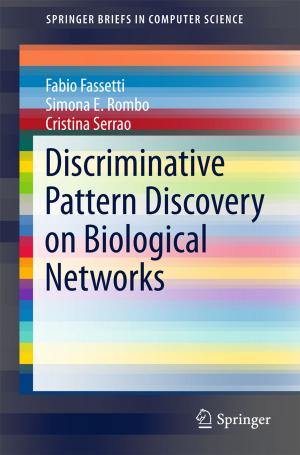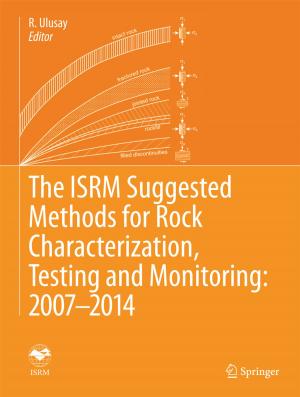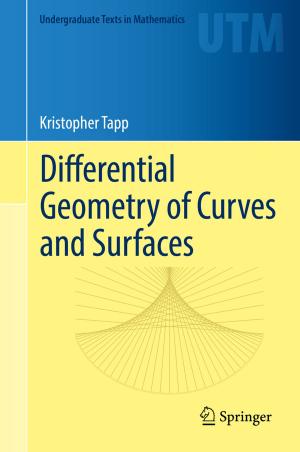| Author: | Amal Banerjee | ISBN: | 9783319434704 |
| Publisher: | Springer International Publishing | Publication: | September 15, 2016 |
| Imprint: | Springer | Language: | English |
| Author: | Amal Banerjee |
| ISBN: | 9783319434704 |
| Publisher: | Springer International Publishing |
| Publication: | September 15, 2016 |
| Imprint: | Springer |
| Language: | English |
This book describes a novel, efficient and powerful scheme for designing and evaluating the performance characteristics of any electronic filter designed with predefined specifications. The author explains techniques that enable readers to eliminate complicated manual, and thus error-prone and time-consuming, steps of traditional design techniques. The presentation includes demonstration of efficient automation, using an ANSI C language program, which accepts any filter design specification (e.g. Chebyschev low-pass filter, cut-off frequency, pass-band ripple etc.) as input and generates as output a SPICE(Simulation Program with Integrated Circuit Emphasis) format netlist. Readers then can use this netlist to run simulations with any version of the popular SPICE simulator, increasing accuracy of the final results, without violating any of the key principles of the traditional design scheme.
This book describes a novel, efficient and powerful scheme for designing and evaluating the performance characteristics of any electronic filter designed with predefined specifications. The author explains techniques that enable readers to eliminate complicated manual, and thus error-prone and time-consuming, steps of traditional design techniques. The presentation includes demonstration of efficient automation, using an ANSI C language program, which accepts any filter design specification (e.g. Chebyschev low-pass filter, cut-off frequency, pass-band ripple etc.) as input and generates as output a SPICE(Simulation Program with Integrated Circuit Emphasis) format netlist. Readers then can use this netlist to run simulations with any version of the popular SPICE simulator, increasing accuracy of the final results, without violating any of the key principles of the traditional design scheme.















